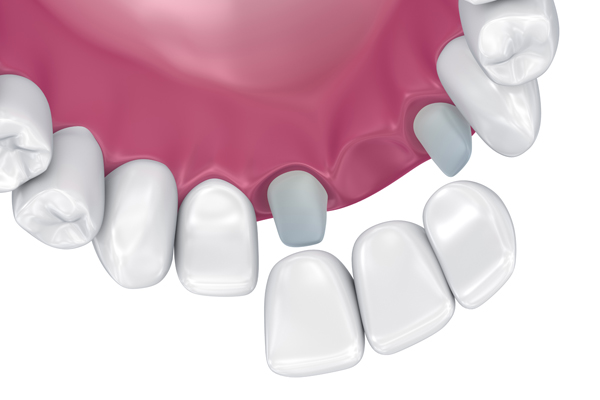How a General Dentist Treats a Dental Cavity

You might want to head to a general dentist if you find yourself dealing with a cavity. Cavities are tiny holes that form on teeth because of tooth decay. Acids created by oral bacteria eat away at teeth surfaces, creating those tiny holes. Other symptoms include reoccurring toothaches, increased sensitivity to hot and cold foods, and bad breath.
Cavities do not disappear on their own when left untreated. An untreated cavity will continue to expand until it leaves the tooth’s pulp chamber compromised. It can even lead to most of the visible part of the tooth falling out or an infection.
How a general dentist treats cavities
The severity of a patient’s cavity determines how a general dentist decides to approach fixing it. Commonly used treatment options include the following.
Fillings
Fillings are used to close up cavities, preventing them from further expanding. The process involves removing decayed material from the tooth, cleaning the area, and applying the putty-like filling to the tooth.
Composite bonding
Composite bonding is a more popular option than fillings because it can be color-matched with the patient’s teeth, unlike silver amalgam fillings. Bonding can be used to close up cavities and repair teeth structures that have been damaged by decay.
Fluoride treatments
This treatment infuses a patient’s teeth with fluoride, re-mineralizing it. Fluoride treatments can reverse tooth decay if performed during the early stage of decay. The treatment involves biting down on a mouth tray that has been filled with a fluoride solution.
Crowns
Crowns are typically recommended when a cavity has severely damaged a tooth. A crown can be used to hold the tooth together so it does not fall apart, and it protects the tooth from further decay. A crown also restores the appearance and function of the tooth it covers.
Onlays and inlays
Think of these as partial crowns that are recommended when a cavity is too large to be fixed with a filling, but not quite damaged enough for a crown. Onlays and inlays are made in dental labs just like crowns, and they are cemented to the patient’s teeth.
Root canal
Root canals are performed when a cavity has reached a tooth’s pulp chamber. The area contains the tooth’s nerve, blood vessels, and connective tissues. These soft tissues are vulnerable to infection when left exposed to irritants in the mouth. A root canal cleans out the pulp chamber and seals the tooth back up. Teeth that have been repaired with a root canal are typically covered with crowns to protect them.
Extraction
If a cavity is left untreated, the tooth might become infected. A tooth infection that threatens to spread to other parts of the body via the bloodstream might prompt a dentist to recommend an extraction.
Get rid of tooth decay
Dealing with one or more cavities? Call or stop by our Peoria clinic to learn more about your treatment options.
Request an appointment here: https://www.nicenicedental.com or call Nice Nice Dental at (623) 777-4227 for an appointment in our Peoria office.
Check out what others are saying about our dental services on Yelp: General Dentist in Peoria, AZ.
Related Posts
Finding the right dentist is important for your oral health and comfort. A local dentist near me offers several benefits, including convenience, personalized care, and the ability to build long-term trust with their patients. They engage with the community and provide a level of attention that larger and corporate-centric dental practices often cannot match. Below…
General dentistry practices that cater to children often focus on creating a relaxing, playful environment that helps kids of all ages learn to care for their teeth, gums, and oral health over their lifetimes. These dental providers understand the importance of establishing a positive relationship and forging healthy habits early to last a lifetime. Consider…
Dentistry encompasses a broad range of skills and areas of focus designed to maintain or improve oral health. General dentists are the most commonly thought of practitioners, and rightfully so, with many seeing them at least twice a year. However, there are a host of dental specialists that individuals may need to encounter at some…
It is important to recognize when it is time to find a dentist for treatment and care. In addition to routine care, emergency visits, and cavity treatment, patients should also contact a dental professional when experiencing gum problems. Although usually minor at first, gum issues can advance quickly and lead to unpleasant dental diagnoses.Gum inflammation,…



